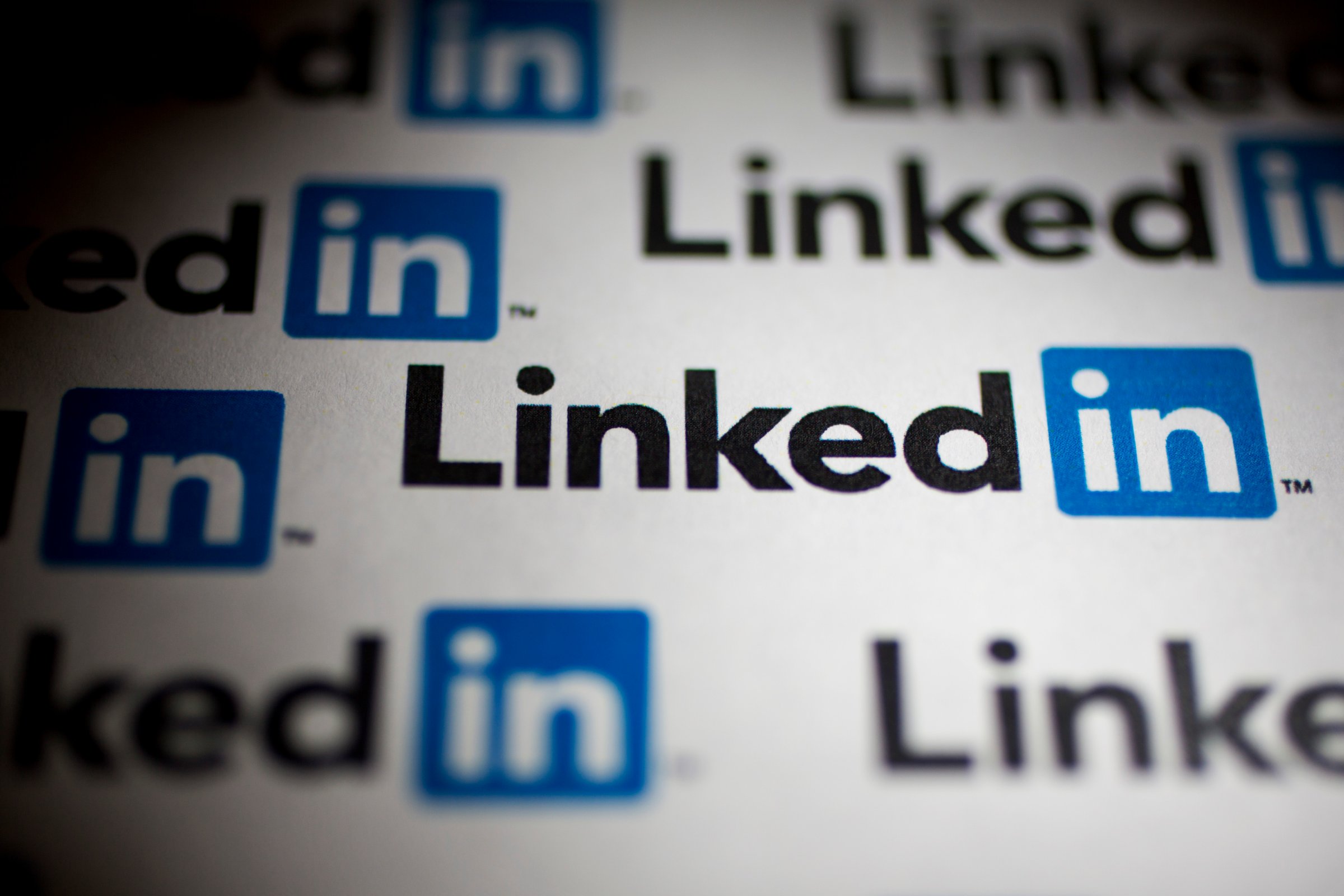
On top of accusations that millennials are narcissistic and lazy, the generation now has a new criticism to address: They’re more likely to ditch work friends for the sake of a promotion, according to a recent LinkedIn survey.
The world’s largest online networking platform surveyed 11,500 full-time professionals from 14 countries about their work relationships. The results revealed a significant generational gap. While half of millennials (defined as professionals between the ages of 18 and 24) report that their work relationships make them feel motivated, 45% of professionals between 55 and 65 (or “baby boomers”) responded that such friendships had no effect on workplace performance.
But those warm and fuzzy feelings don’t necessarily translate into coworker loyalty. When asked whether they would sacrifice a work friendship for a promotion, 68% of millennials said they would while 62% of boomers said they would never even consider it.
“It’s a positive difference as far as I’m concerned,” Nicole Williams, a LinkedIn Career Expert, told TIME. “Ultimately, [millennials] feel that these friendships will either survive or there will be new friendships…I think there is a sense of competitiveness and that you need to be competitive in order to survive.”
Williams also said that the results could be affected by millennials’ expectation that they will work for several companies across their careers. “If you thought you’d be sticking around for 20 years, I think you’d be more conscious in terms of your relationships,” she says.
Boomers are also more likely to have started families of their own, while Williams suggests that millennials—fresh out of college and in a new environment—search for that closeness in their office relationships. “You’ve got boomers who have kids, who have husbands, parents they’re taking care of. They’re not as interested in the more social aspects of work,” Williams says. “For millennials, their professional relationships are kind of an extension of their family in a lot of ways.”
The idea of a “work spouse” comes to mind, a coworker possibly of the opposite sex with whom you share a platonic but extensive friendship because of a shared understanding in the work you do. Williams credits this very concept to the millennial generation. “Even the word ‘work spouse’ didn’t exist ten years ago, and I’m certain that the boomer generation wouldn’t conceive of their professional relationships being comparable to their partner, marriage relationships,” she said. “But you hear it all the time within this millennial generation.”
Still, knowing that many millennials would gladly ditch their work hubby for a shot at the corner office may leave a bad taste in some people’s mouths. Williams’ explanation for this trend is concise: “[Millennials] are using these friendships to advance themselves professionally,” she says.
Those after-work happy hours are looking less chummy.
More Must-Reads from TIME
- Donald Trump Is TIME's 2024 Person of the Year
- Why We Chose Trump as Person of the Year
- Is Intermittent Fasting Good or Bad for You?
- The 100 Must-Read Books of 2024
- The 20 Best Christmas TV Episodes
- Column: If Optimism Feels Ridiculous Now, Try Hope
- The Future of Climate Action Is Trade Policy
- Merle Bombardieri Is Helping People Make the Baby Decision
Contact us at letters@time.com